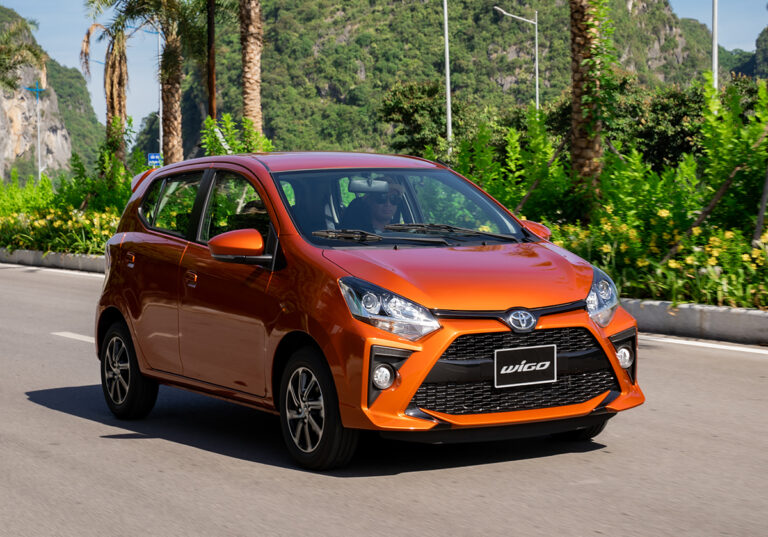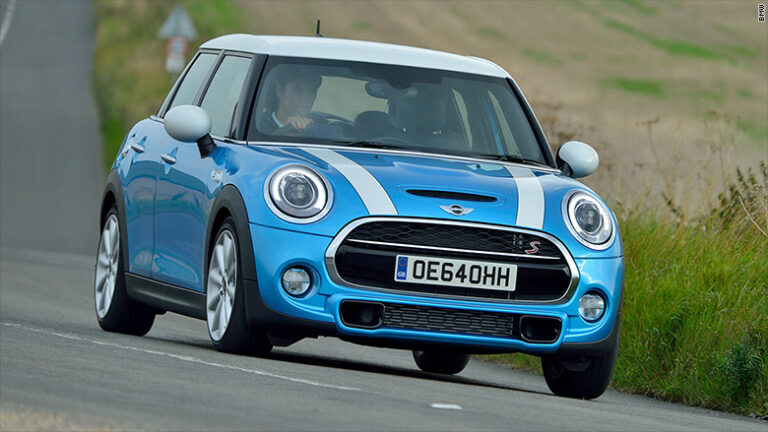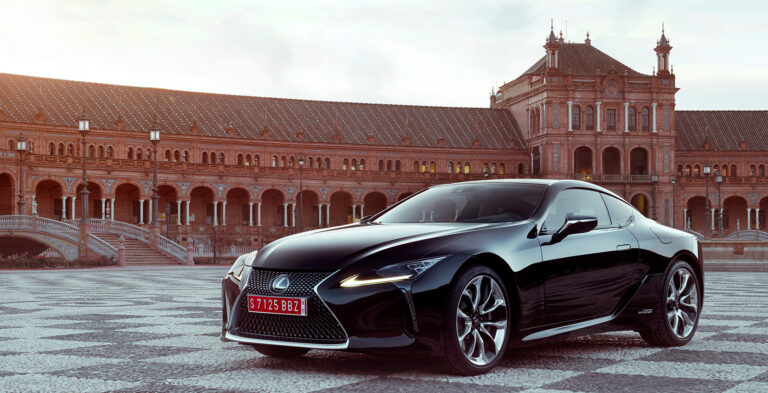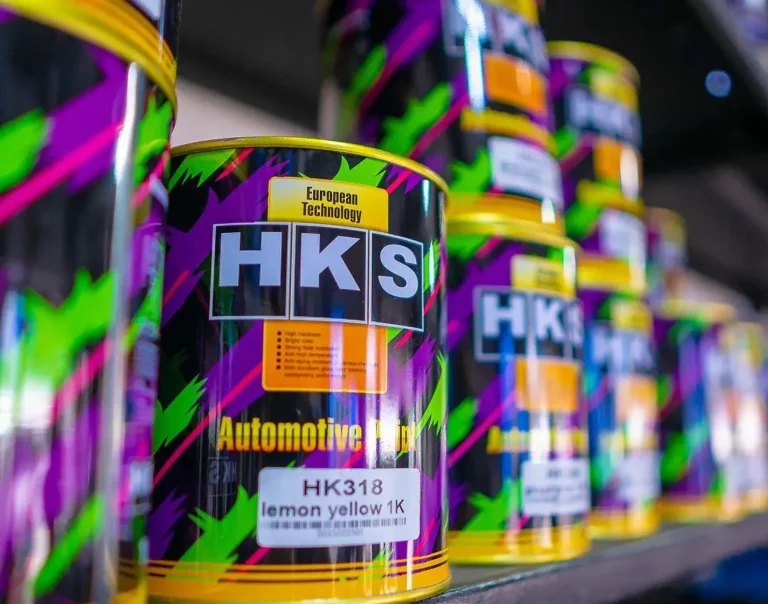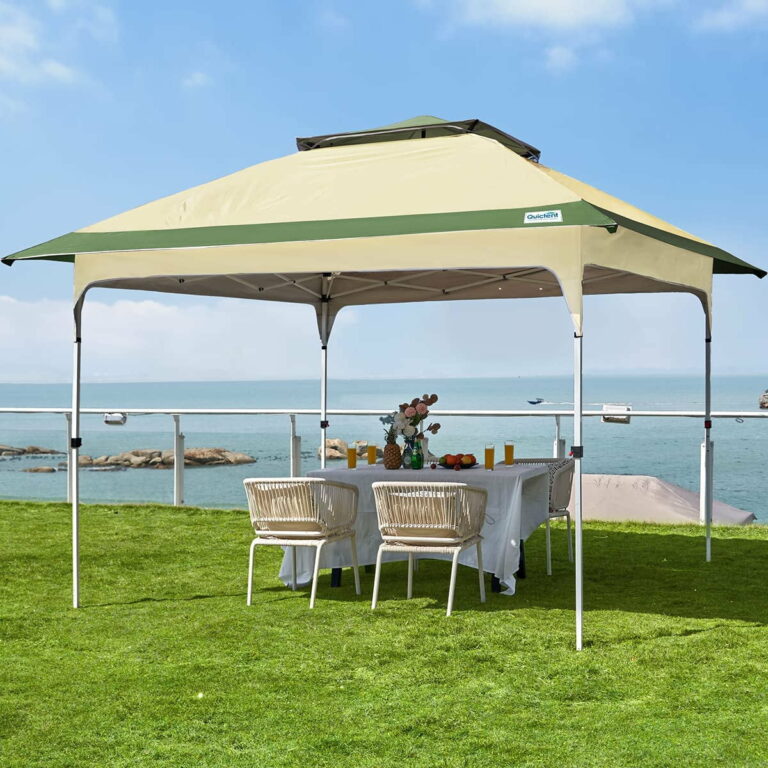Best Affordable Car Brands: Your Ultimate Guide to Smart Car Ownership
Best Affordable Car Brands: Your Ultimate Guide to Smart Car Ownership cars.truckstrend.com
In today’s dynamic automotive market, the term "affordable car brands" extends far beyond merely the cheapest vehicles on the lot. It encapsulates a holistic approach to car ownership, focusing on the true cost of a vehicle over its lifespan. An affordable car brand delivers not just a low initial purchase price, but also excels in areas like fuel efficiency, low maintenance costs, reliable performance, and strong resale value. For many, finding the sweet spot between budget constraints and dependable transportation is paramount, making the exploration of truly affordable car brands a crucial step in smart financial planning and practical living.
This comprehensive guide aims to demystify the world of budget-friendly vehicles, offering insights into what makes a car brand genuinely affordable and highlighting the top contenders that consistently deliver exceptional value without compromising on quality or safety. Whether you’re a first-time buyer, looking to downsize, or simply seeking to optimize your automotive budget, understanding these brands and their offerings is your roadmap to a wise investment.
Best Affordable Car Brands: Your Ultimate Guide to Smart Car Ownership
What Defines "Affordable"? Beyond the Sticker Price
The sticker price is just the beginning. A truly affordable car brand is one that minimizes your overall expenditure throughout the vehicle’s ownership cycle. Here are the key factors that contribute to a car’s long-term affordability:
- Initial Purchase Price: This is the most obvious factor. Brands known for competitive MSRPs on their entry-level and mid-range models often lead the affordable segment.
- Fuel Efficiency: Lower fuel consumption directly translates to significant savings over time, especially with fluctuating gas prices. Brands that prioritize efficient powertrains, including hybrid options, stand out.
- Maintenance and Repair Costs: Some brands are renowned for their durability and simple, less costly repairs. Parts availability and reasonable labor rates from dealerships and independent mechanics also play a role.
- Insurance Premiums: Insurers factor in a car’s safety ratings, theft rates, repair costs, and engine size when determining premiums. Brands with a good track record in these areas often result in lower insurance bills.
- Depreciation: How much a car loses value over time is critical. Brands with high demand and a reputation for reliability tend to depreciate slower, meaning you get more back when you sell or trade-in.
- Warranty Coverage: A robust warranty provides peace of mind and protection against unexpected repair costs, especially in the early years of ownership. Longer warranties can significantly enhance a brand’s affordability appeal.
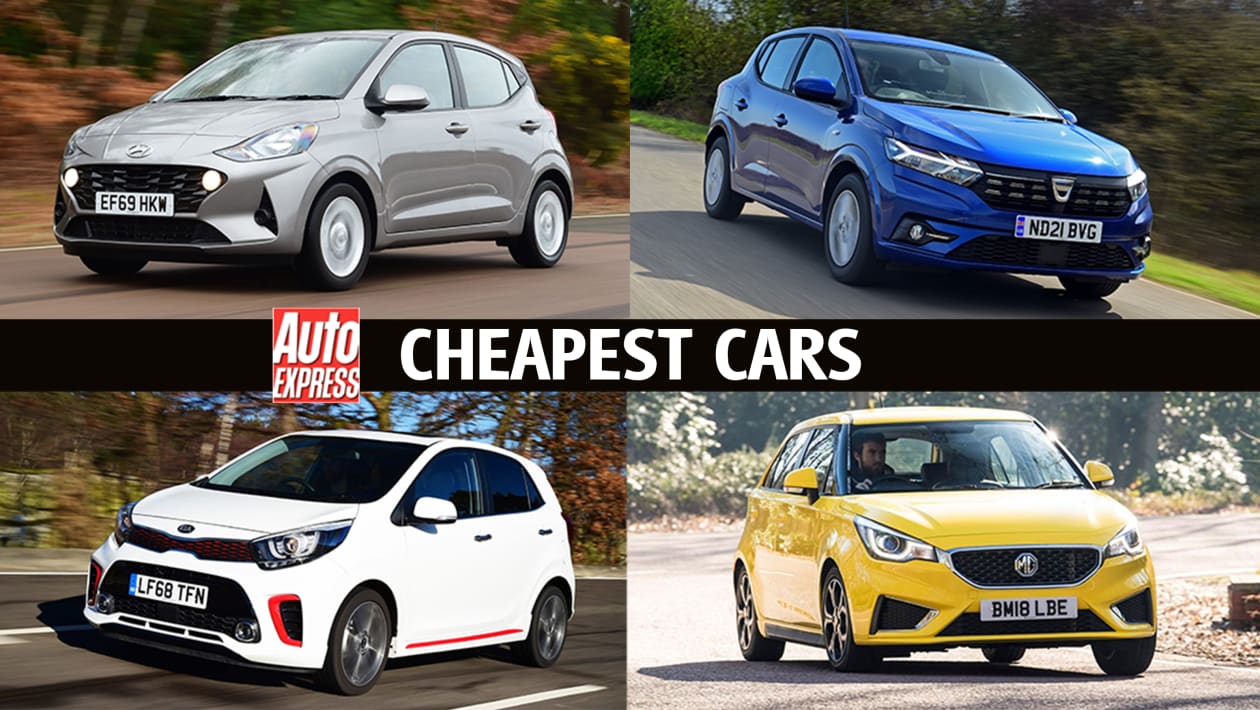
Top Contenders: A Deep Dive into Best Affordable Car Brands

Several brands consistently rise to the top when affordability is the priority, each offering a unique blend of value, reliability, and features.
1. Hyundai
Hyundai has dramatically transformed its image over the past two decades, evolving from a budget-only option to a brand synonymous with outstanding value, modern design, and impressive technology.
- Why Affordable: Competitive pricing, segment-leading warranty (10-year/100,000-mile powertrain), excellent standard features, and strong fuel economy.
- Popular Models: Elantra (compact sedan), Kona (subcompact SUV), Venue (entry-level SUV).
- Suits Buyers Who: Prioritize long-term warranty coverage, desire a feature-rich car without a premium price tag, and appreciate contemporary styling.

2. Kia
Sharing platforms and powertrains with Hyundai, Kia offers a similar value proposition but with a distinct design language and a sportier feel in some models.
- Why Affordable: Aggressive pricing, same industry-leading warranty as Hyundai, stylish designs that punch above their weight class, and a strong emphasis on technology and safety.
- Popular Models: Forte (compact sedan), Seltos (subcompact SUV), Soul (unique compact crossover).
- Suits Buyers Who: Seek a blend of affordability and flair, want cutting-edge tech, and value a comprehensive warranty.
3. Toyota
Toyota is the undisputed champion of reliability and low running costs. While initial prices might be slightly higher than some direct competitors, the long-term savings are undeniable.
- Why Affordable: Legendary reliability, exceptional resale value, fantastic fuel efficiency (especially their hybrids), and low maintenance costs due to durable parts and widespread service networks.
- Popular Models: Corolla (compact sedan/hatchback), Camry (mid-size sedan), RAV4 (compact SUV – entry trims).
- Suits Buyers Who: Value bulletproof reliability, desire strong resale value, and prioritize minimal long-term hassle and running costs.
4. Honda
Similar to Toyota, Honda offers a compelling package of reliability, strong resale value, and engaging driving dynamics.
- Why Affordable: Renowned for durability, excellent fuel economy, high resale value, and a reputation for being fun to drive even in their economy segments. Parts are readily available and often affordable.
- Popular Models: Civic (compact sedan/hatchback), HR-V (subcompact SUV), CR-V (compact SUV – entry trims).
- Suits Buyers Who: Appreciate a balance of reliability and driving enjoyment, seek strong resale value, and prefer a well-engineered vehicle.
5. Subaru
Subaru distinguishes itself with standard Symmetrical All-Wheel Drive across most of its lineup, offering exceptional traction and safety, particularly appealing in regions with challenging weather.
- Why Affordable: Standard AWD provides added value, strong safety ratings, solid reliability, and good resale value, especially for their SUVs. Fuel efficiency is competitive given the AWD system.
- Popular Models: Impreza (compact car), Crosstrek (subcompact SUV), Forester (compact SUV).
- Suits Buyers Who: Live in areas with snow or rough terrain, prioritize safety, and appreciate the added capability of AWD at a competitive price.
6. Mazda
Mazda has carved out a niche by offering vehicles that feel more premium than their price tags suggest, emphasizing driver engagement and sophisticated design.
- Why Affordable: Upscale interiors and driving dynamics at non-premium prices, excellent fuel efficiency with Skyactiv technology, and improving reliability ratings. Often seen as a step up without a significant cost increase.
- Popular Models: Mazda3 (compact car), CX-30 (subcompact SUV), CX-5 (compact SUV – entry trims).
- Suits Buyers Who: Want a refined driving experience and a high-quality interior without breaking the bank, and appreciate elegant design.
7. Mitsubishi
Mitsubishi focuses on practicality and aggressive pricing, particularly in its SUV segment, backed by an impressive warranty.
- Why Affordable: Very competitive initial pricing, a 10-year/100,000-mile powertrain warranty similar to Hyundai/Kia, and practical, no-frills transportation.
- Popular Models: Mirage (subcompact car), Outlander Sport (compact SUV), Eclipse Cross (compact SUV).
- Suits Buyers Who: Seek the absolute lowest new car price, prioritize warranty coverage, and need basic, reliable transportation.
Key Factors to Consider When Buying an Affordable Car
Making an informed decision goes beyond just picking a brand. Here’s what else to think about:
- New vs. Used:
- New: Benefits include full warranty, the latest features, and no prior owner history. Depreciation is highest in the first few years.
- Used: Offers significant savings on the purchase price, less depreciation going forward. Risks include unknown history and potentially expired warranties. For affordable brands, a 2-3 year old used model can be an incredible value.
- Research and Reviews: Consult reputable sources like Consumer Reports, J.D. Power, Kelley Blue Book (KBB), and Edmunds for reliability ratings, owner satisfaction scores, and expert reviews. Look for consistency in positive feedback.
- Test Drive Thoroughly: Don’t just drive around the block. Take the car on highways, over bumps, and in parking lots. Evaluate comfort, visibility, acceleration, braking, and overall feel. Ensure all features work as expected.
- Financing and Insurance: Get pre-approved for a loan if possible to understand your budget. Obtain insurance quotes before buying, as premiums can vary significantly by model, even within affordable brands.
- Long-term Ownership Costs: Factor in fuel type (regular vs. premium), tire replacement costs, typical service intervals, and the availability and price of common replacement parts.
Tips for Maximizing Value and Saving Money
Even after choosing an affordable brand, there are strategies to further optimize your purchase and ownership experience:
- Negotiate the Price: Always negotiate the MSRP. Research the invoice price and typical selling prices in your area using sites like Edmunds or KBB to empower your negotiation.
- Consider Base Trims: Often, the base models of affordable brands come with a surprising array of standard features. Higher trims quickly add costs without always adding essential functionality.
- Shop During Sales Events: Major holidays (e.g., Memorial Day, Labor Day, Black Friday) and end-of-month/end-of-year often bring the best deals as dealerships try to meet quotas.
- Maintain Your Vehicle Diligently: Following the manufacturer’s recommended maintenance schedule is crucial for longevity and preventing costly repairs down the line. Simple things like oil changes and tire rotations pay dividends.
- DIY Minor Repairs/Maintenance: Learn basic tasks like checking fluids, changing wiper blades, or replacing air filters. YouTube tutorials can be a great resource.
- Bundle Insurance: Inquire about discounts for bundling auto insurance with home or renters insurance through the same provider.
Potential Challenges and Solutions
While affordable brands offer immense value, there can be perceived trade-offs:
- Limited Features/Options:
- Challenge: Entry-level models might lack some premium features found in more expensive cars (e.g., heated seats, advanced infotainment).
- Solution: Consider slightly higher trims if your budget allows, or explore aftermarket upgrades for certain features (e.g., better speakers, dash cams). A slightly older used car from a higher trim level might offer more features for a similar price.
- Perceived Lack of Prestige:
- Challenge: Some buyers might feel a social stigma associated with "budget" brands compared to luxury marques.
- Solution: Focus on the immense practical and financial benefits. The smart choice is often the one that aligns with your financial goals, not societal expectations.
- High Demand for Certain Models:
- Challenge: Popular affordable models can have limited availability or less room for negotiation due to high demand.
- Solution: Be patient, expand your search radius, or consider a slightly less popular but equally capable alternative from the same brand or a competitor.
- Quality Concerns with Some Budget Options:
- Challenge: While the brands listed here are generally reliable, some lesser-known or older models from certain budget brands might have questionable long-term quality.
- Solution: Stick to reputable brands with strong reliability ratings. Always get a pre-purchase inspection from an independent mechanic, especially for used vehicles.
Best Affordable Car Brands: Quick Comparison Table (Starting MSRPs for Popular Models)
Please note: Prices are approximate starting MSRPs for base models and can vary significantly based on trim, options, location, and current incentives.
| Brand | Popular Affordable Model | Starting MSRP (Approx.) | Key Selling Point |
|---|---|---|---|
| Hyundai | Elantra | $21,650 | Industry-leading warranty, modern features, stylish |
| Kia | Forte | $20,000 | Bold design, great tech, excellent warranty |
| Toyota | Corolla | $22,000 | Legendary reliability, high resale, low running costs |
| Honda | Civic | $24,000 | Reliable, fun to drive, strong resale value |
| Subaru | Impreza | $23,000 | Standard AWD, strong safety, durable |
| Mazda | Mazda3 | $24,000 | Premium feel, engaging drive, fuel efficient |
| Mitsubishi | Mirage | $16,700 | Lowest entry price, long warranty, practical |
Note: MSRPs are subject to change and do not include destination charges, taxes, or dealer fees.
Frequently Asked Questions (FAQ)
Q1: What’s the most reliable affordable car brand?
A1: Toyota and Honda consistently rank at the top for reliability and low long-term ownership costs. Hyundai and Kia have also made significant strides in reliability and offer excellent warranties that provide peace of mind.
Q2: Is it better to buy a new or used affordable car?
A2: It depends on your priorities. New cars offer full warranties and the latest features, but depreciate quickly. Used cars offer more value for your money and slower depreciation, but come with the risk of unknown history and potentially higher maintenance if not thoroughly inspected. For maximum affordability, a 2-3 year old used car from a reliable brand often provides the best balance.
Q3: How much should I budget for maintenance on an affordable car?
A3: For a new affordable car, budget around $500-$1,000 per year for routine maintenance (oil changes, tire rotations, filter replacements). For used cars, especially those older than 5 years, this could increase to $1,000-$1,500+ annually, depending on the car’s condition and mileage.
Q4: Do affordable cars have good safety features?
A4: Absolutely! Modern affordable cars often come standard with a surprising array of safety features, including multiple airbags, anti-lock brakes (ABS), electronic stability control (ESC), and even advanced driver-assistance systems (ADAS) like automatic emergency braking, lane-keeping assist, and adaptive cruise control, especially from brands like Toyota, Honda, Hyundai, and Kia. Always check the specific model’s safety ratings (e.g., from NHTSA and IIHS).
Q5: Can I get good financing on an affordable car?
A5: Yes, many dealerships and banks offer competitive financing rates for affordable new and used cars, especially if you have good credit. Brands often have their own financing arms (e.g., Toyota Financial Services, Hyundai Motor Finance) that offer special incentives. Research current APRs and consider getting pre-approved to understand your options.
Conclusion
Choosing an affordable car brand is a smart and strategic decision that prioritizes long-term financial health and practical transportation. It’s about looking beyond the initial price tag to evaluate the complete cost of ownership, including fuel efficiency, maintenance, insurance, and depreciation. Brands like Toyota, Honda, Hyundai, Kia, Subaru, Mazda, and Mitsubishi have proven their commitment to delivering value, reliability, and modern features without demanding a premium price.
By understanding what defines true affordability, researching diligently, considering your specific needs, and employing smart buying strategies, you can confidently navigate the market. The best affordable car is not just a vehicle; it’s a testament to shrewd financial planning and a commitment to sensible, sustainable car ownership. Drive smart, save more, and enjoy the journey!

